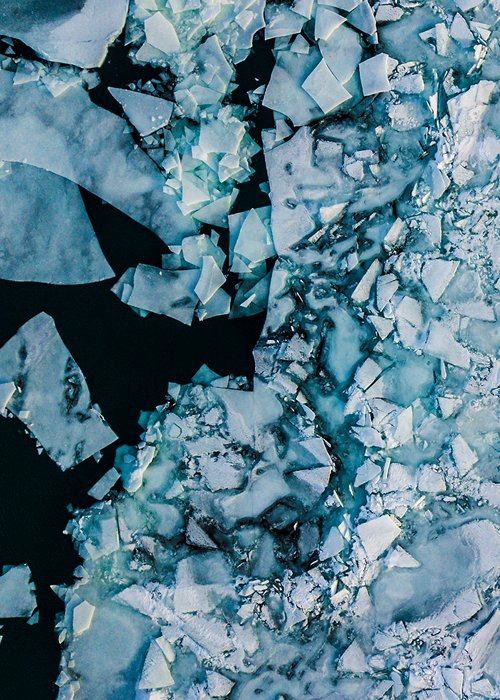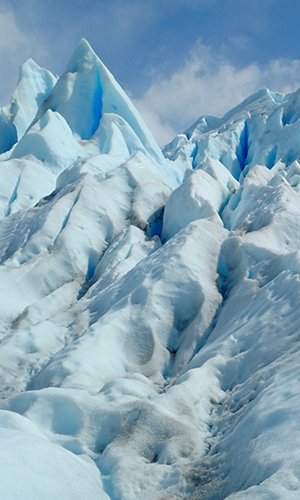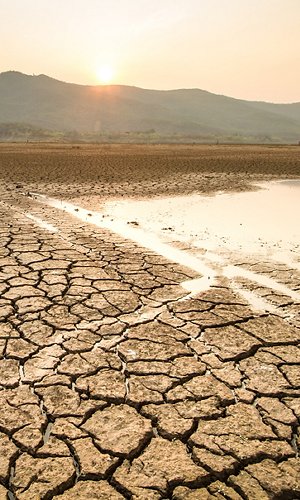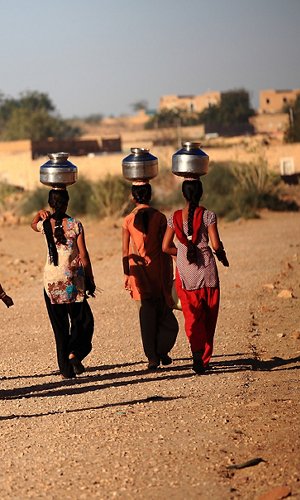According to a University of Manitoba study published in Nature Communications, soon more rain than snow will fall on the Arctic due to global warming. This study projects the time when rainfall will exceed snowfall to be thirty years earlier than expected; in the central Arctic, for example, this will happen in 2060 instead of 2090 as estimated to date. This will be a major change whose consequences, which for now are difficult to assess and quantify, will not be limited to the Arctic, but will be felt across the planet.
A warmer and wetter Arctic means a reduction in the ice surface. Moreover, snow, since it is white, reflects a lot of solar radiation, while sea water absorbs more. Global warming could also be accelerated as a result of increased energy input from the Arctic. The melting of the Earth’s glaciers will contribute to rising sea levels. Rising Arctic temperatures could change the polar jet stream and consequently also intensify extreme weather events in other areas of the planet.
These changes are already underway and stopping them could prove difficult even if the global temperature stays below 1.5°C. As the latest IPCC report on climate change, published in August 2021, made clear, anthropogenic global warming has already triggered processes that will not stop for centuries or even millennia, no matter what we do about the climate from now on.




